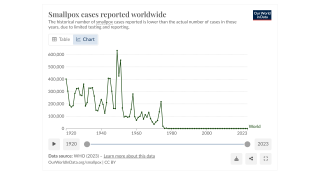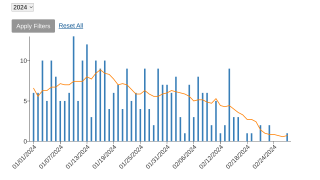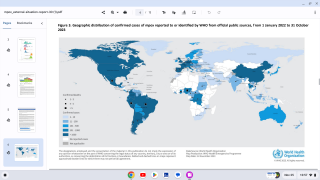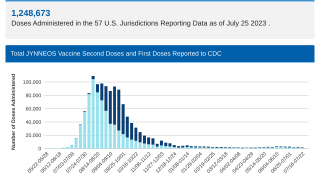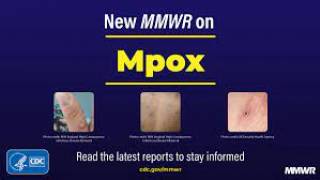Mpox Outbreak Escalates in Europe
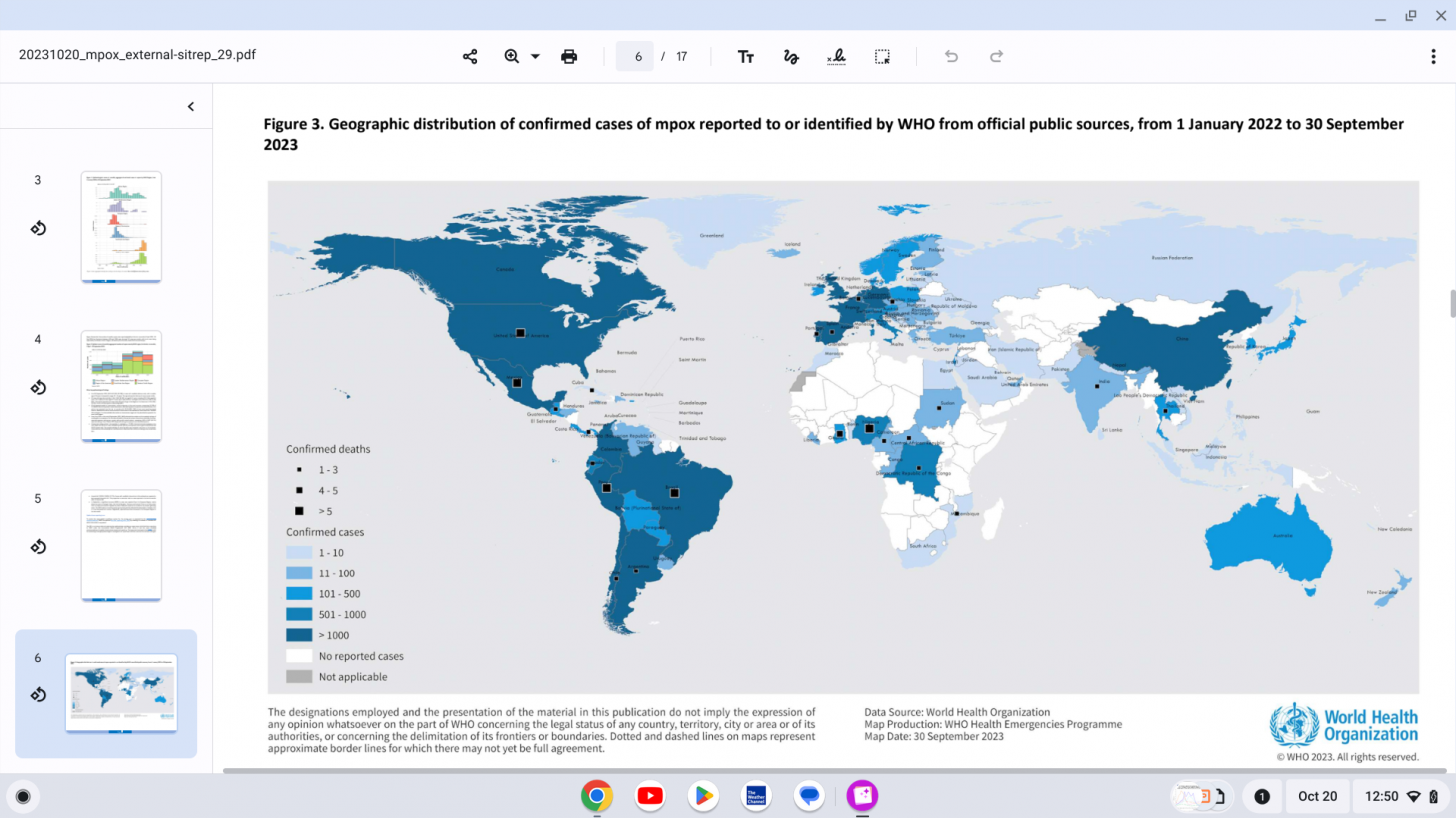
The World Health Organization (WHO) today announced its 29th Situation Report for the multi-country mpox outbreak, which details the latest epidemiology of the global outbreak that began in May 2022 and has impacted 115 countries.
On October 20, 2023, the WHO confirmed a cumulative total of 91,123 laboratory-confirmed cases of mpox, including 157 deaths, have been reported to WHO.
As of October 2023, mpox cases continue to be reported in most WHO regions, with a significant increase in the European Region. In the last month, 21 countries reported an increase in cases compared to August.
For example, Portugal reported the highest relative increase in mpox cases (n = 86).
As of September 30, 2023, the leading countries that have reported the most significant number of mpox cases globally are the U.S. (30,636), Brazil (10,967), Spain (7,611), and France (4,158).
The WHO Director-General declared a Public Health Emergency of International Concern regarding mpox virus outbreaks on July 23, 2022. The WHO announced the emergency ended on May 11, 2023.
As of mid-October 2023, the WHO says that the overall global risk for men who have sex with men and sex workers is assessed as moderate.
Previously, the U.S. Centers for Disease Control and Prevention (CDC) published Dispatch, Volume 29, Number 10—October 2023, confirming that 1.3% of reported mpox cases were in children and adolescents.
And in a CDC Morbidity and Mortality Weekly Report published on September 1, 2023, among 38 patients with no known exposure to a person with mpox, behaviors preceding illness included sexual activity (45%), close face-to-face contact (37%), attending large social gatherings (29%), and being in occupational settings (26%).
Separately, The Lancet reported on August 4, 2023, that sexually transmitted coinfections were prevalent in mpox patients, including gonorrhea (28%), chlamydia (25%), syphilis (8%), and HIV (38%).
From a therapeutic perspective, recent studies have indicated the leading mpox vaccine (JYNNEOS®) and antiviral (TPOXX®) may offer diminished protection to immunocompromised people and those with HIV.
Our Trust Standards: Medical Advisory Committee

